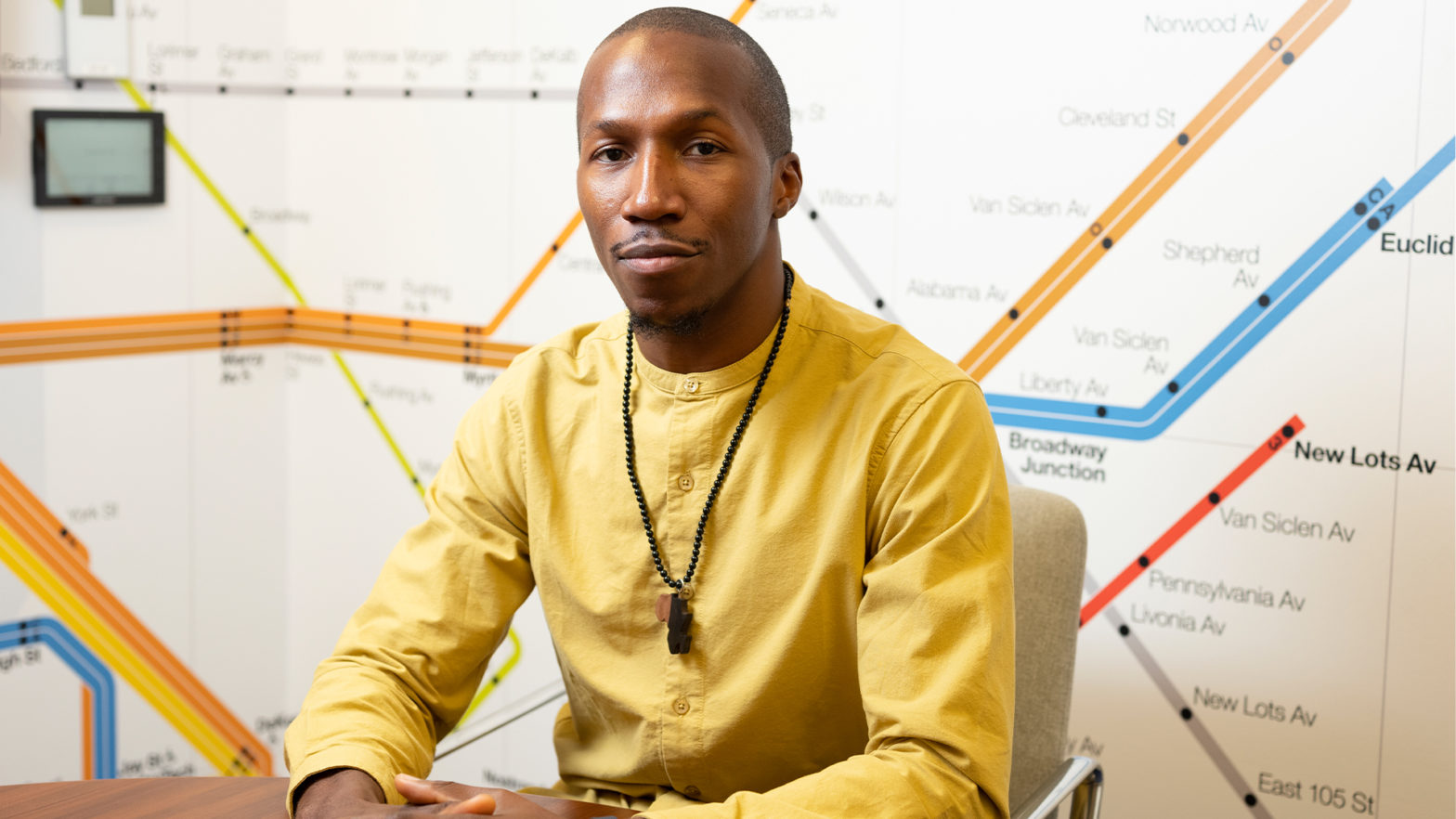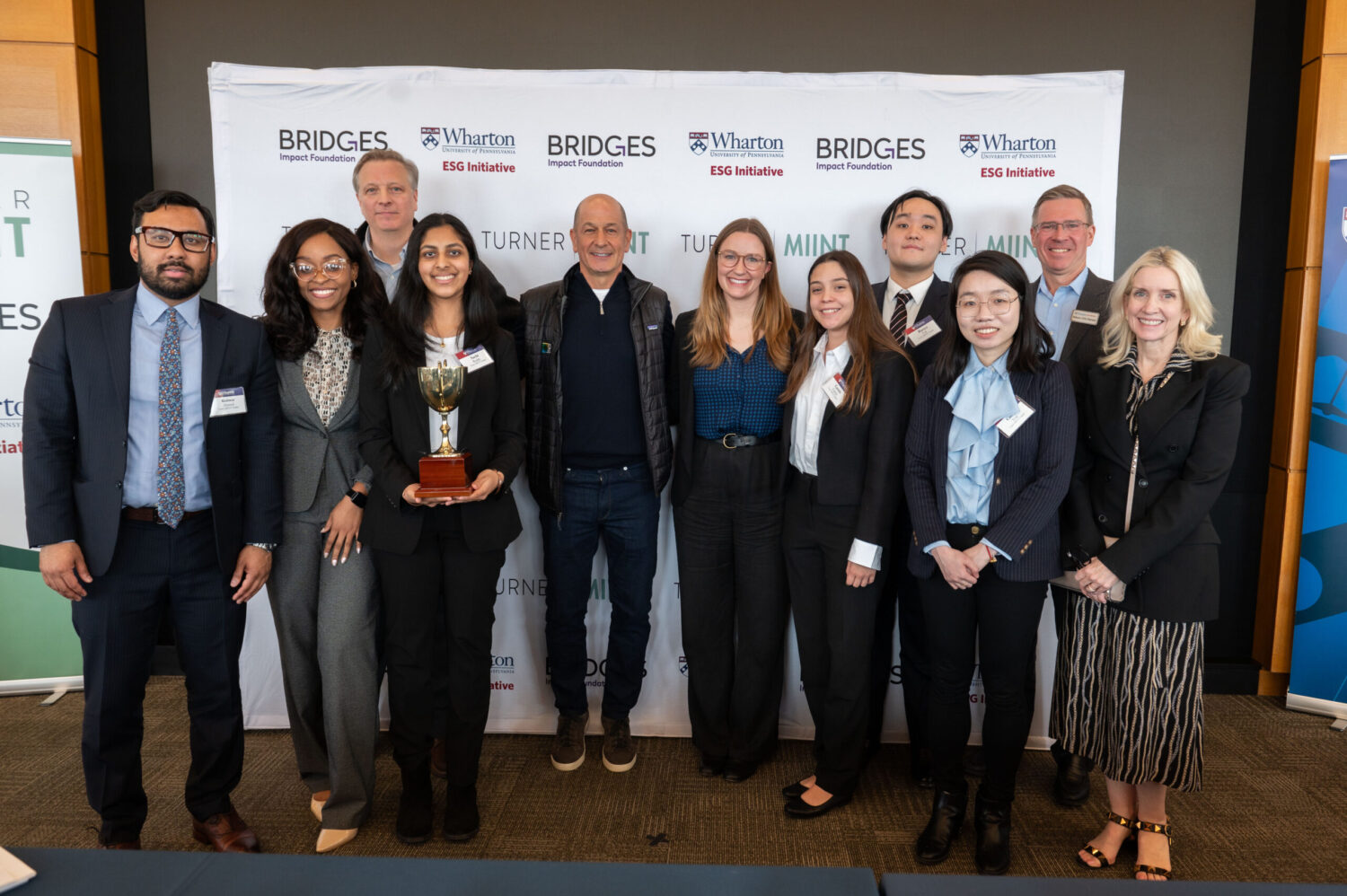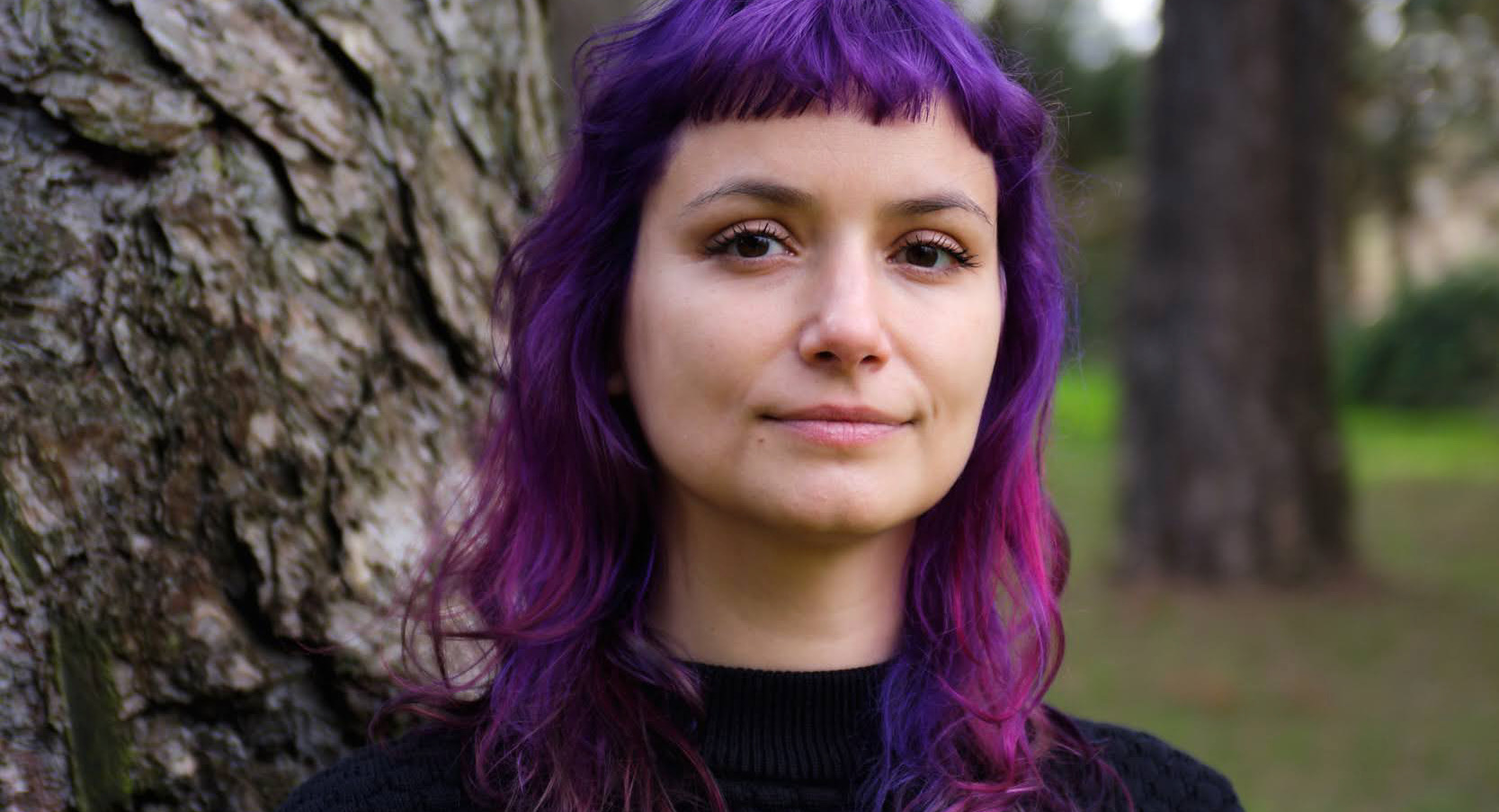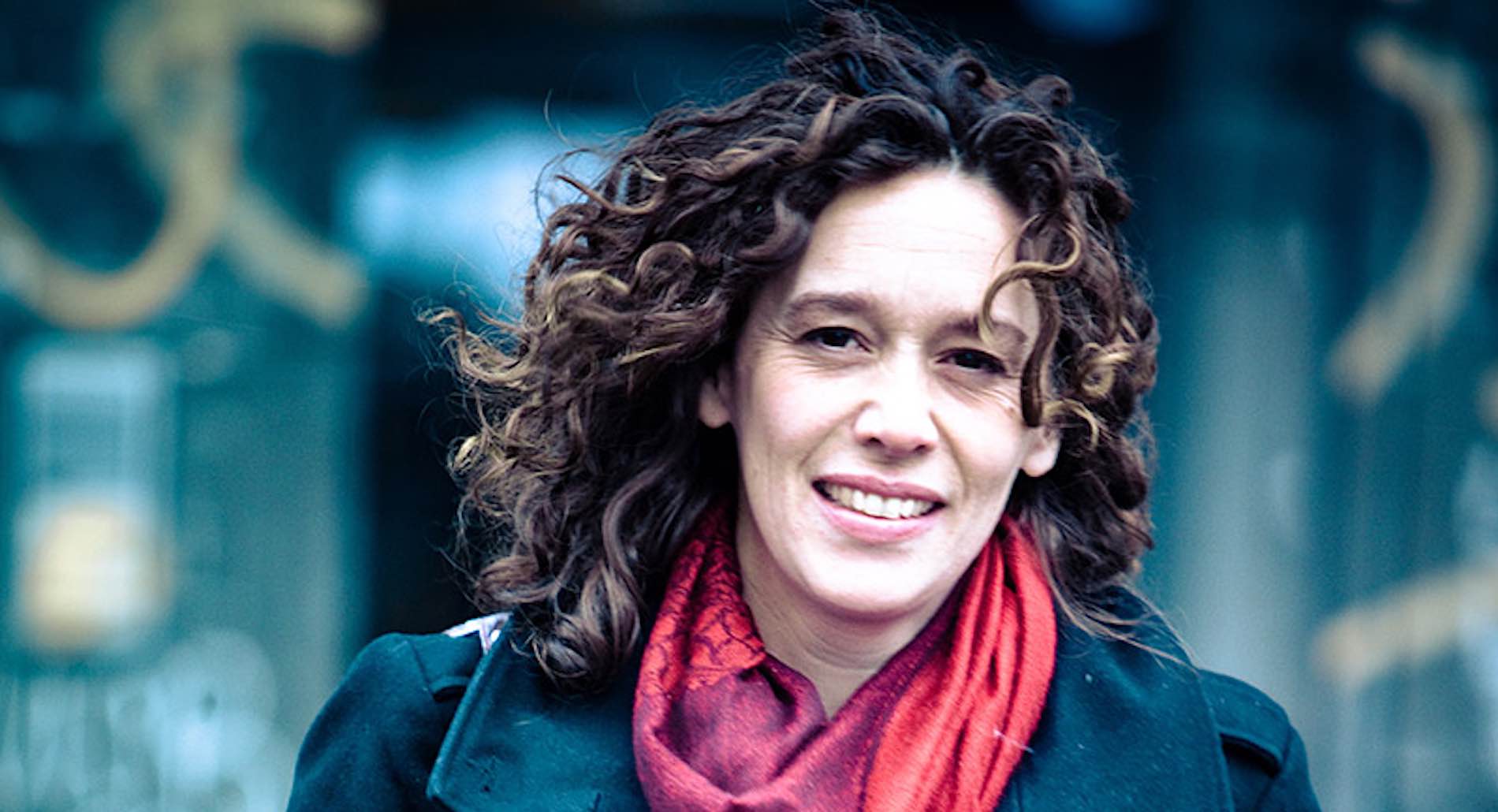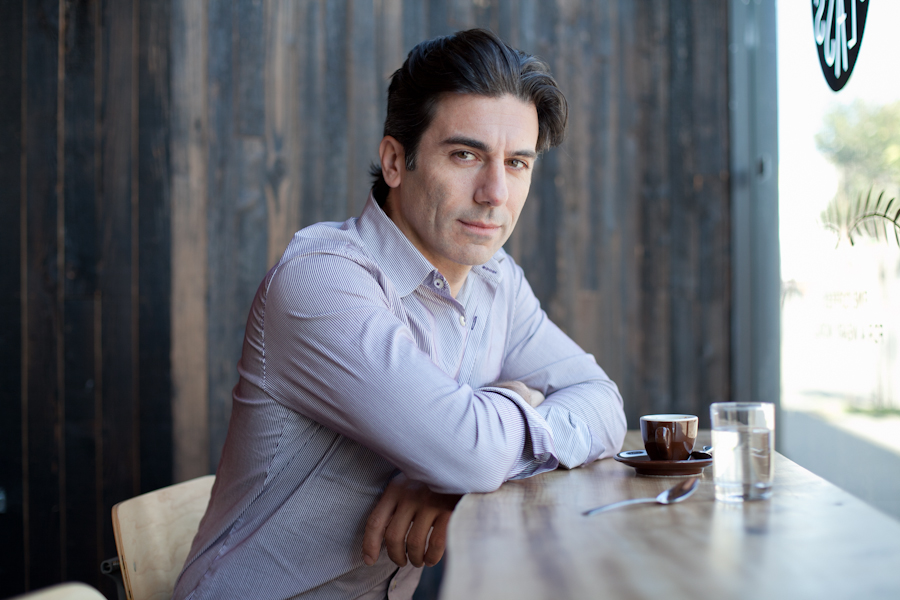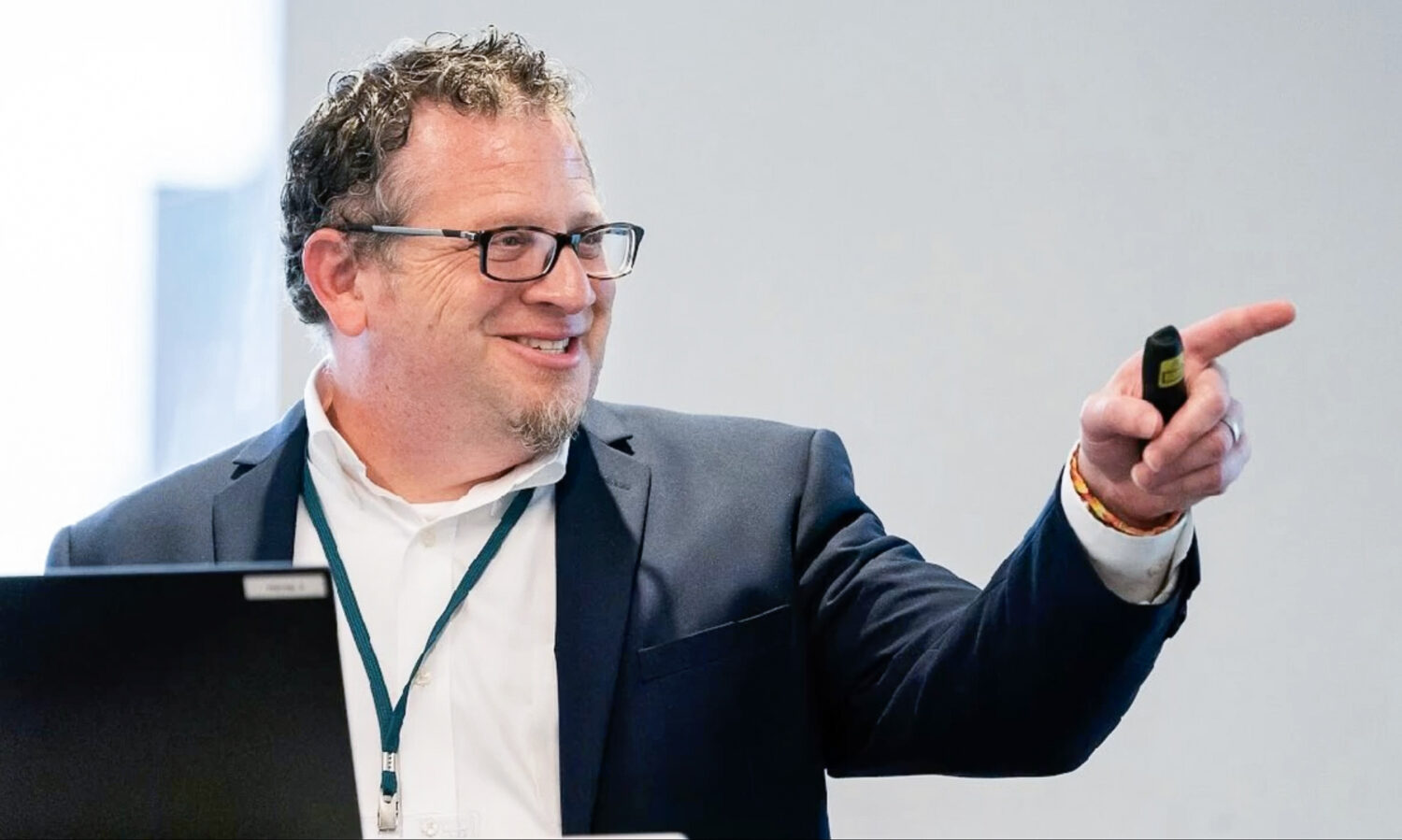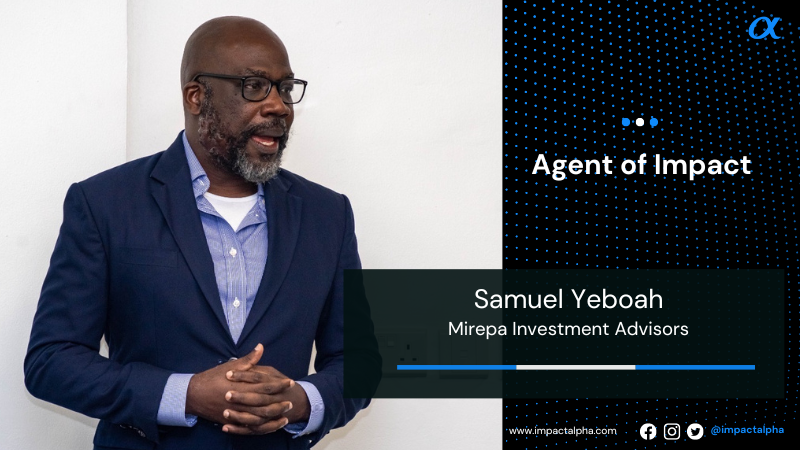ImpactAlpha, April 28 — A first generation Nigerian-American, Su Sanni grew up in East New York, Brooklyn and Jamaica, Queens. The low-income neighborhoods, with large populations of immigrants and people of color, are transit deserts where convenient public transportation is scarce.
“I often found myself as young as seven years old walking a mile just to get to the nearest subway station,” says Sanni. The buses were “always overcrowded and came infrequently, so I couldn’t really rely on the service. I ended up relying on dollar vans to bridge that gap.”
Later, Sanni worked as a research contractor for one of his two uncles, Nigerian immigrants who started out as dollar-van drivers in the late 1980s and early ‘90s and became fleet owners “That’s where I got insight into the operations and the unit economics of dollar vans, and the problems that I was uncovering actually became an opportunity for me to build a solution,” Sanni tells ImpactAlpha.
Sanni used that experience to launch Brooklyn-based tech startup Dollaride in 2018 with Chris Coles, to digitalize payments and transit routes for dollar van drivers and their customers. The goal was to help drivers improve their service and increase their income. More than 400 dollar van drivers use the mobile app, and report they have increased their income by at least a third.
But high gas prices have cut margins for the gas-powered shuttle services. When he saw a request for proposals issued by the New York State Energy Research and Development Authority for low-carbon transportation solutions, “I was like, ‘Man, this has Dollaride written all over it,’” says Sanni.
With a $10 million grant from NYSERDA, Sanni launched the Clean Transit Access Program to help drivers electrify their fleets. With partners including BlocPower, Enduring Planet, Build Edison and HEVO, the program plans to electrify at least 100 dollar vans in Brooklyn and Queens this year.
Dollaride scored a $500,000 investment this week from nonprofit climate tech investor Elemental Excelerator. Sanni says the investment “is catalytic as it’s designed to unlock additional capital that’s already in our pipeline.” It will support the electrification of a half-dozen vans and chargers. Sanni says the program is on track to put the first three electric dollar vans and charging stations on the road by the summer.
Sanni’s family connections have informed his efforts to bring digitalization and sustainability to the informal transportation network. But his passion, he says, is “really rooted by my experience as a passenger, as a rider taking dollar vans and having trouble getting around the city as a commuter.”

